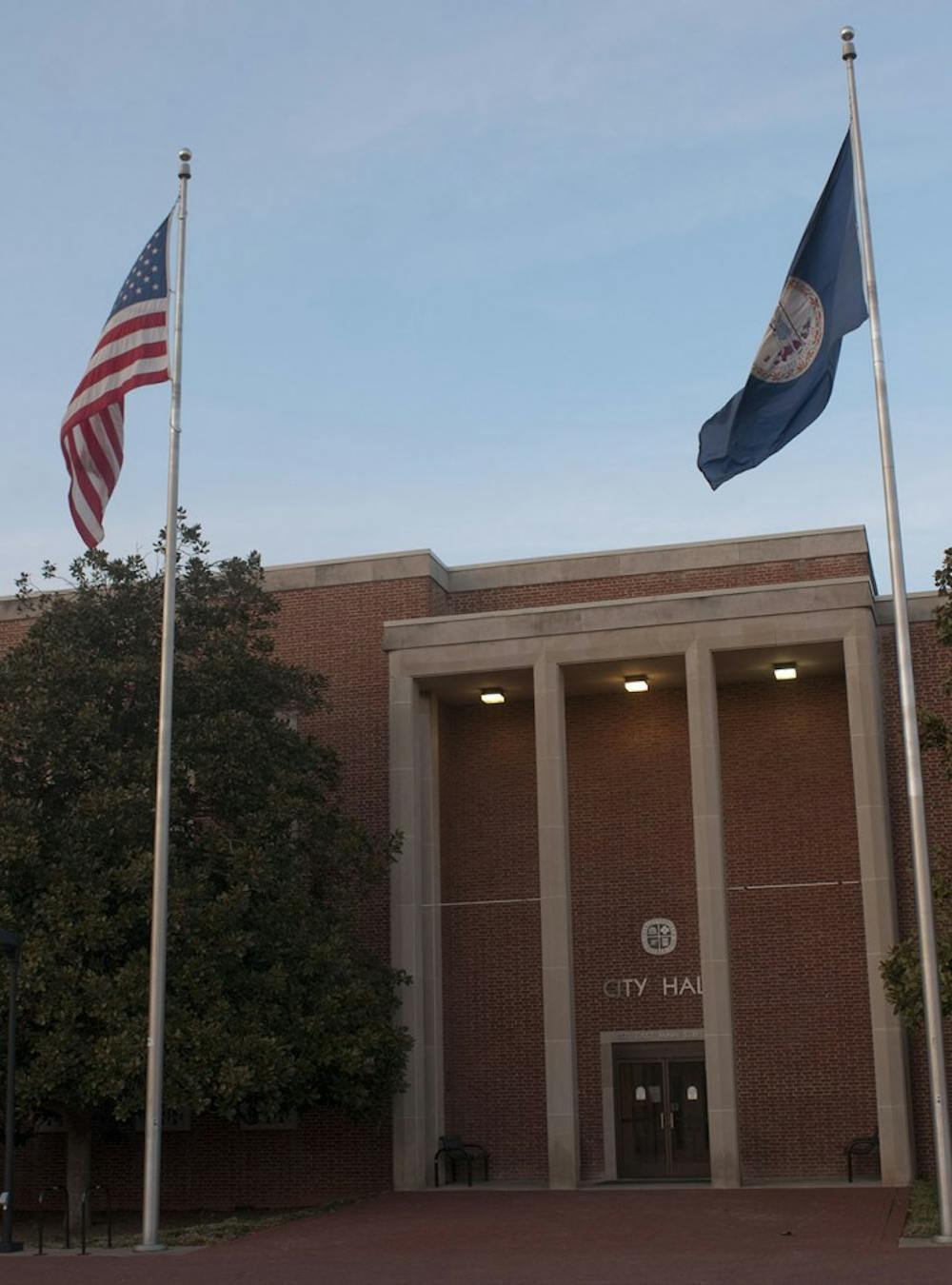Charlottesville public defender James Hingeley appeared before City Council this week to advocate for local subsidies to the salaries of public defenders, who earn significantly less than their state prosecutor counterparts.
The wage gap is a due to subsidies provided by both Charlottesville and Albemarle County to prosecutors but not to public defenders. In a November letter to Ann Mallek, chair of the Albemarle Board of Supervisors, Hingeley said that local prosecutors earn 25 percent more than public defenders. Hingeley said he believes that Albemarle county public defenders deserve equal pay to local prosecutors.
“We’re not asking for our pay to be measured against the standard of private practice,” Hingeley said. “We’re just looking at another public service agency, the prosecutors, that do the same kind of work that we do, just on the other side of the courtroom.”
Public defenders offer legal services when the defendant in a criminal case cannot afford a lawyer, whereas public prosecutors argue on behalf of the government.
Commonwealth Attorney Dave Chapman said the issue was less to do with the wage gap between prosecutors and defenders, and more a problem of low salaries for both types of employees at the local level compared to their federal and private counterparts.
Comparing public defenders and prosecutors is like “comparing apples and oranges,” Chapman said, and is therefore not an ideal way to determine how public defenders should be compensated.
“There’s no direct comparison that’s possible; these are really quite different jobs,” Chapman said. “Both the commonwealth of Virginia and the localities need to fund these positions in the way in which they should be funded.”
According to figures compiled by Hingeley, there is a $152,931 pay gap between prosecutors and public defenders in Charlottesville and Albemarle County. Based on caseload statistics, Hingeley said he recommend the county pay $74,049 and Charlottesville pay $78,882 in order to close the gap.
Hingeley brought a similar proposal to the localities last year, but failed to see his requests implemented into the final budgets, despite support from public officials.
“Last year the members of the Board of Supervisors and the members of City Council believed that achieving pay equity was a good thing,” he said. “I’m hoping for this year that they will continue to believe that it is a good idea and that they will work hard to find the necessary funding.”
The wage gap between the public defenders’ office and private local and federal law offices has affected recruitment and retention of talented lawyers, Hingeley said. One public defender worked with Hingeley for six years without a raise before leaving for a position at the University of Richmond.
“Any time you lose somebody who has got good experience and is a talented person you have to replace them with a beginner and start all over,” he said.
Hingeley said in some cases the community sympathizes with the state prosecution rather than the defense, though both serve the community in different ways.
“[Public defenders] protect the community’s right to have fair trial and confidence in the justice system,” Hingeley said. “We’re representing our clients but we’re also representing the public interest in a broad sense.”
Hingeley said he hopes to speak before the Albemarle Board of Supervisors to state his case in the next week. The Albemarle budget will be released Feb. 24 and the Charlottesville budget will be released March 8.
“The key decisions about the budget are being made right now,” he said. “This ought to be a priority. They should work hard at coming up with the funding.”







